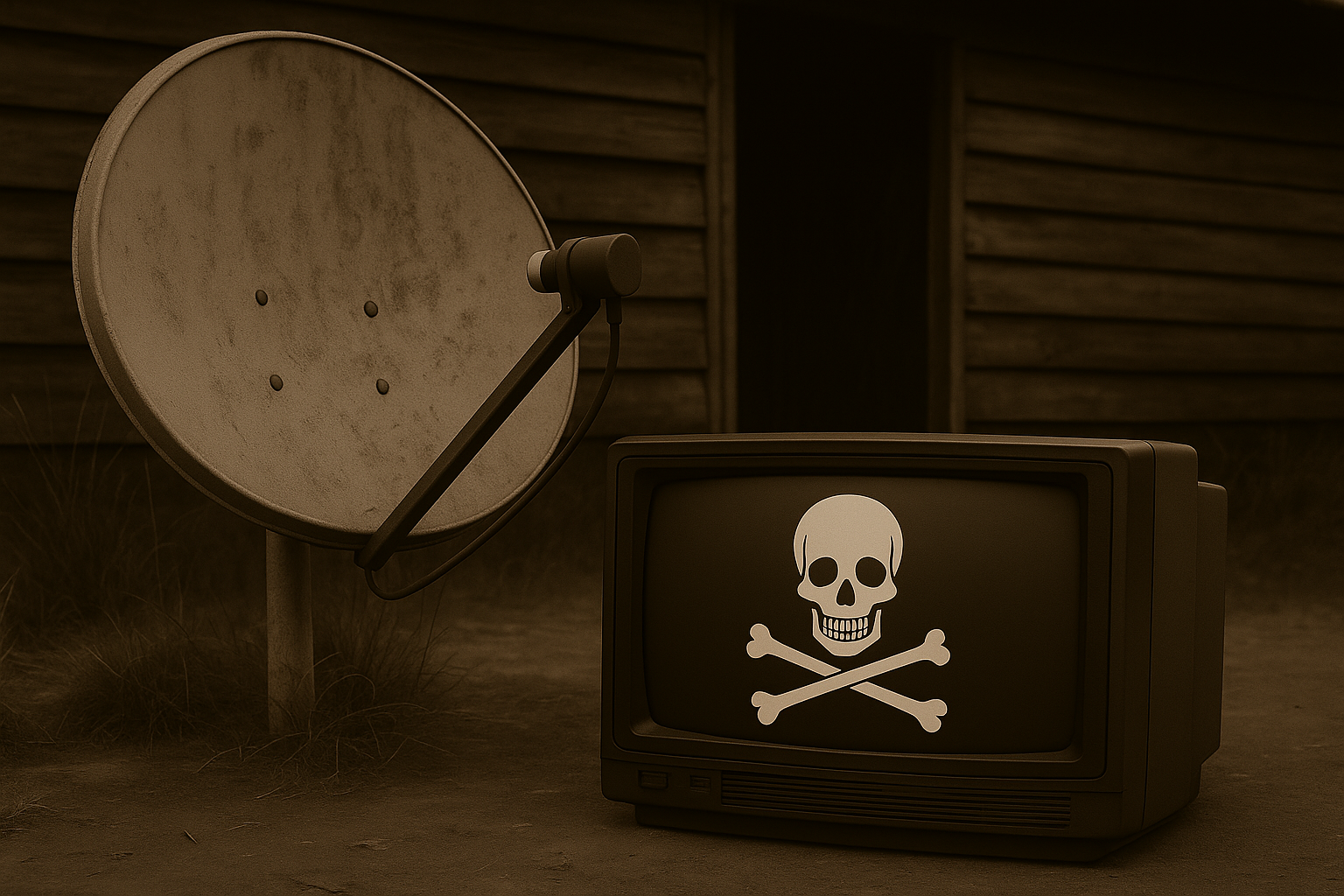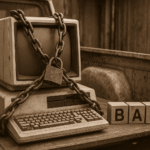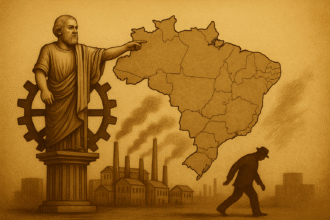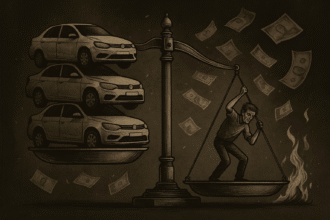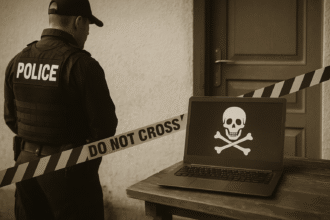The lack of access to quality internet in remote regions prevents the use of legal platforms such as Netflix, Spotify or Steam. Piracy, which is lighter, more accessible and offline, begins to fill this market void, revealing a digital abandonment promoted by the State.
The Brazilian digital divide
When we talk about digital piracy, it is common to imagine opportunistic users trying to circumvent paid systems. But the Brazilian reality is harsher — and more profound. Almost 6 million homes in the country still do not have any type of internet access, according to data from the National Household Sample Survey on technology, released by IBGE in 2023. Among the main reasons are the lack of ability to use the connection (33.2%) and the high cost of the service (30%), revealing a digital exclusion that is not only technical, but also economic and educational. Source: G1 – Almost 6 million Brazilian homes do not have internet access, reveals IBGE. And where the legal market does not reach, the informal market flourishes.
According to the report ICT Households 2023, from the Brazilian Internet Steering Committee (CGI.br), although the internet is present in 84% of Brazilian homes, there are still millions of households without access or with extremely limited connections. In rural areas and urban outskirts, connection quality is low, unstable or non-existent. Legal platforms that require constant connection, such as Netflix, Steam or Spotify, simply do not work efficiently in these conditions.
When piracy is more functional than the State
In this structural vacuum, piracy occupies a paradoxical role: is more efficient than the government. Files shared offline, pen drives with movie and game packages, DVDs still sold by street vendors — all of this fills the space left by the lack of decent connectivity.
A report from UOL Tilt shows that, in Brazil, the “jeitinho” is a form of digital survival. Online courses, games, series, handouts and even productivity software are consumed illegally not only for convenience, but for absolute lack of technical access to legality.
What doesn't arrive via broadband arrives via informality
In market logic, piracy fills a vacuum: it operates where the formal model cannot compete. But the cause of this inefficiency, in the Brazilian case, is the State's failure to promote basic connectivity infrastructure.
While the government spends billions on state advertising and transfers to privileged sectors, digital inclusion is treated as a secondary issue, far from the priorities of public planning. This creates a paradox: citizens are required to consume legally, but not even the minimum is offered to make this consumption viable.
Slow connection, high taxes, blocked access
As we saw in the post “Tax Burden: The State Cost of Access to Culture”, the Brazilian State transforms culture and technology into luxury items. But the problem gets worse when we cross this tax policy with the poor quality of the national digital infrastructure.
Even those who want to pay for an online course or subscribe to a legal platform face the following scenario: high prices, limited connection, services that crash and poor technical support. It is not only the cost that discourages legal consumption — it is the collapse of the basic public service.
The State demands legality where there is no viability
This scenario connects directly with what we explained in “How the State Pushes the Population towards Piracy”. The state apparatus treats the informal consumer as a criminal, without ever recognizing that he was pushed into this condition by disastrous public policies.
There is no robust, decentralized, and efficient national digital infrastructure policy. What we have are fragmented, slow, and poorly executed projects. Meanwhile, entire communities are held hostage by low-speed mobile connections and scarce data packages — conditions that prevent the consumption of paid digital services.
Legal platforms punish the disconnected
Today, platforms like Steam, Spotify and even Google Drive rely on constant online authentication. This requires not only connection, but stability and speed. Many Brazilians simply are unable to complete a download or watch a video at minimum resolution, without interruptions.
What’s left? Offline files, pirated versions that run without online verification, alternative media distributed in communities, fairs and WhatsApp groups. Piracy is illegal, yes — but it is functional where the State is absent.
Omission as a form of exclusion
The absence of digital infrastructure is a form of modern exclusion. Not having quality internet is like not having roads, schools or electricity. It is being excluded from the economic, educational and cultural life of the 21st century.
But while physical infrastructure is discussed and visible, the digital divide is silent — and worse: is ignored by the public managers themselves who criminalize informal consumption.
Free market also means digital inclusion
True digital inclusion will not come from commissions, public funds or centralized projects. It will come from market freedom, the debureaucratization of the telecommunications sector, the entry of more companies into the infrastructure sector, and the elimination of barriers that impede technological innovation in Brazil.
It is the free market — not state protectionism — that connects, innovates, reduces costs and expands access. Piracy loses strength when the legal becomes accessible, functional and competitive. But for this to happen, the State needs to get out of the way and allow the productive sector to do what it cannot: serve the citizen.
Conclusion: No internet, no choice
There is no possible morality in the demand for legality where there is no viability. Digital piracy, in many parts of Brazil, It is not a misconduct — it is the only viable alternative in the face of state omission.
While the State spends time and resources on repression, the population seeks ways to access the minimum amount of digital content that is denied to them by a failed public structure. And where the State does not reach, the informal market arrives — faster, lighter and, often, fairer.
📨 Did you like the analysis?
Subscribe and receive exclusive content every week — direct, critical and without state filters.
📌 References
- G1 – Almost 6 million Brazilian homes do not have internet access, reveals IBGE
- CGI.br – TIC Domicílios 2023: Report on internet access in Brazil
- UOL Tilt – “With piracy, Brazilians find a way to do everything: from films to postgraduate courses”
- Power & Market – How the State Pushes the Population towards Piracy
- Power & Market – Tax Burden: The State Cost of Access to Culture
